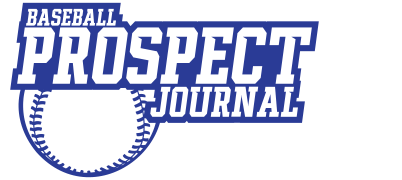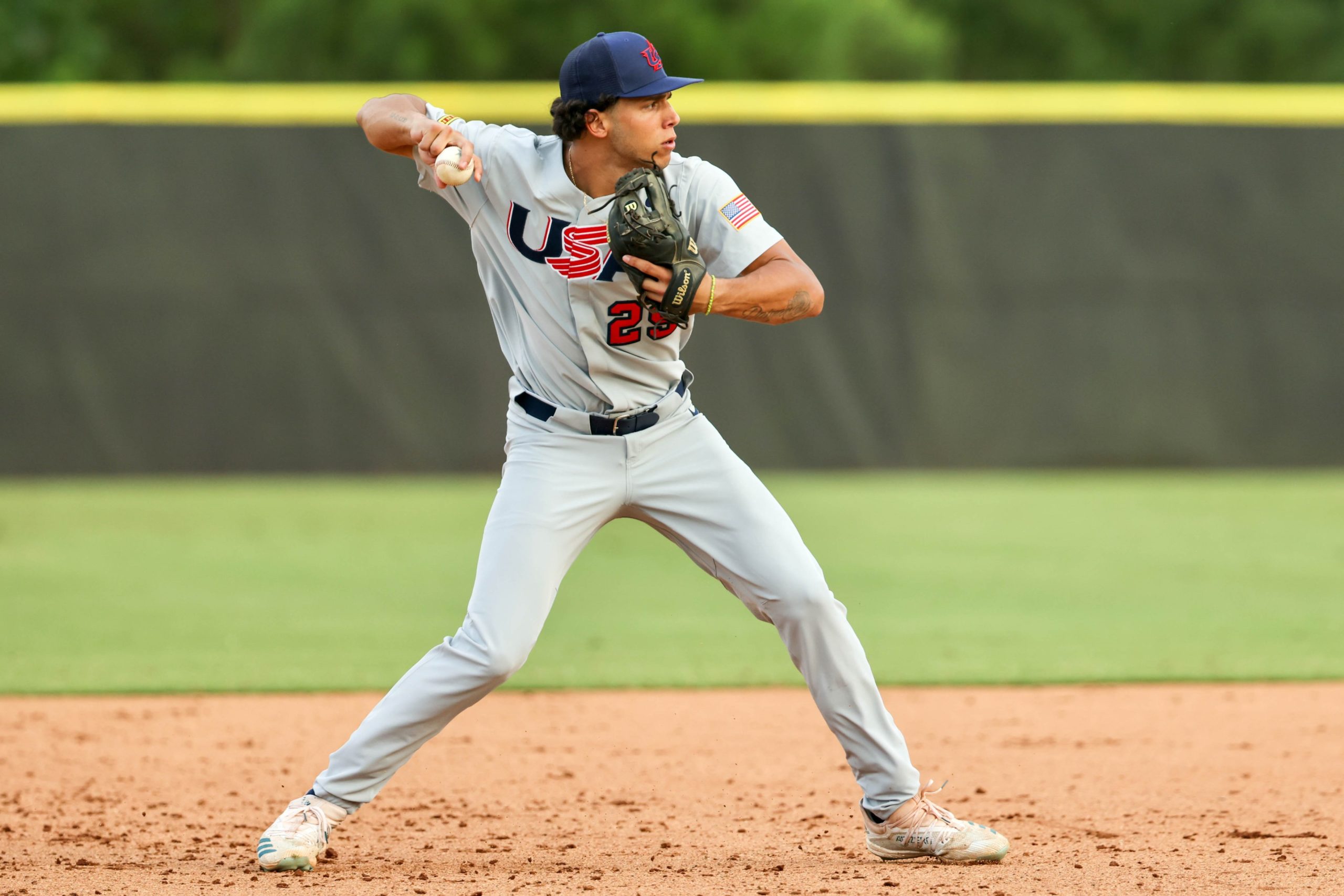Making it to professional baseball out of high school or college is an impressive achievement that requires years of dedication, sacrifice and fierce competition. However, those who have the opportunity to reach this milestone soon realize that meeting expectations at the next level and sustaining success is an even greater challenge.
Yohandy Morales, a prospect in the Washington Nationals system, learned this lesson at a young age from his father, Andy, who spent two seasons as a minor league prospect in the Yankees and Red Sox farm systems in the early 2000s and played for the Cuban national team. Andy taught his son the value of hard work and how maintaining a diligent and committed mindset would help him remain a viable ballplayer.
“My dad has been my coach ever since I was growing up,” Morales said. “He was always there practicing with me and helping through the process because he’s been through it all himself (in his career). He taught me to keep working because somebody else will outwork you. I also learned the mindset that it is easier to get there, but it is harder to stay there.”
The Miami native was the Nationals’ second-round pick in July’s MLB draft. He quickly breezed through the lower minor leagues and into advanced Class A within six weeks, hitting .352/.429/.508 across three levels. His confidence and skills on both sides of the diamond gave credence to the notion that Morales was a first-round talent who dropped to the Nationals in the second round.
“It is the same baseball I have been playing my whole life,” Morales explains. Obviously, there is a lot of work involved. I am going out, being a competitive player, and trying to do my best. I feel like I was well prepared for coming into my professional career after the draft.”
Advancing through the minor league system rapidly is a challenge for most prospects, who must adjust to the quality of play and their surroundings. An early test for Morales was seeing how he would respond to hitting at the Wilmington Blue Rocks home ballpark once he was promoted to advanced Class A. Although Frawley Stadium has a reputation as a more advantageous venue to pitchers, Morales was undaunted, hitting safely in eight consecutive games in Wilmington and sticking to the process that bred initial success.
“I tried not to pay attention to the notion of Frawley Stadium being a pitcher’s park,” he said. “You are always going to be facing high-caliber pitching, so you have to adjust quickly and get things going. I just wanted to go out there and stick to the process of playing the game. So far, it has worked out for me.”
Morales gained recognition for his power hitting at the University of Miami, but when he transitioned to the professional game, he shifted to a more contact-oriented approach. He focused on keeping his bat in the zone longer and became skilled at hitting pitches to the opposite field. Additionally, Morales improved his strikeout and walk rates as he became more familiar with opposing pitchers in the minor leagues.
“The difference in professional baseball compared to college is the way that pitchers work. I feel like I am swinging and missing less and striking out less than I was in the past,” Morales said. “Obviously, that approach leads to improvement at the plate and getting on base at a higher rate. That was something I was working on lately.”
Originally a high school shortstop, Miami moved Morales to third base when he entered college. He had to adapt to the demands of the new position gradually.
At 6-foot-4, 225 pounds, he demonstrates solid instincts and agility, allowing him to handle routine plays at the hot corner confidently. He also has an above-average throwing arm when playing behind the bag or charging the ball.
“There are a lot of adjustments you have to make at third base because the ball is coming in there a lot harder, and there is less time to react,” he said. “You see more hops and choppers as opposed to ground balls. The main thing is working on your angles and positioning.”
During his junior season at Miami, Morales became a finalist for the Golden Spikes Award, hitting .405/.475/.713 with 20 home runs and 70 RBIs. The highlight of his season came in an elimination game in the Coral Gables Regional Final against Louisiana, where he had four hits and 10 total bases. Morales also earned first-team All-ACC honors for the first time in his college career.
“Our goal as a team was to go to Omaha, and although it did not work out that way, I tried to do my best to help our team win games,” Morales said. “I hit two home runs in the regional final and felt I proved that I was a playoff performer. I was hoping that we would have had a chance to get past the regionals in Miami, but it just did not happen.”
Morales participated in the Cape Cod League with the Wareham Gateman before his sophomore season. He also had the opportunity to represent the United States on the National Collegiate Baseball team in 2022, where he played a crucial role in leading his team to win a bronze medal. These experiences and his previous time on the U18 national team shaped Morales’s maturity and discipline as a professional player.
When playing at USA Baseball, you are facing some of the best players in the country. Playing at that level and in the Cape Cod League against talented players helps you prepare for the type of competition you face at the professional level, Morales said.
As Morales wraps up his first year in pro baseball, he wants to hone his skills during the offseason and build upon his progress since joining the Nationals organization. The drive for ongoing improvement and a steadfast commitment to maintaining his success serve as guiding forces for Morales while navigating through the minor leagues.
“I am going to take time to get stronger during the offseason,” Morales said. “I want to see what the coaches in the Nationals system want me to work on and get things going from there. If I go out there and play the same game I play each day and compete, it will lead to success.”
Want to learn more about Yohandy Morales? Read an in-depth MLB draft profile on Morales here.


